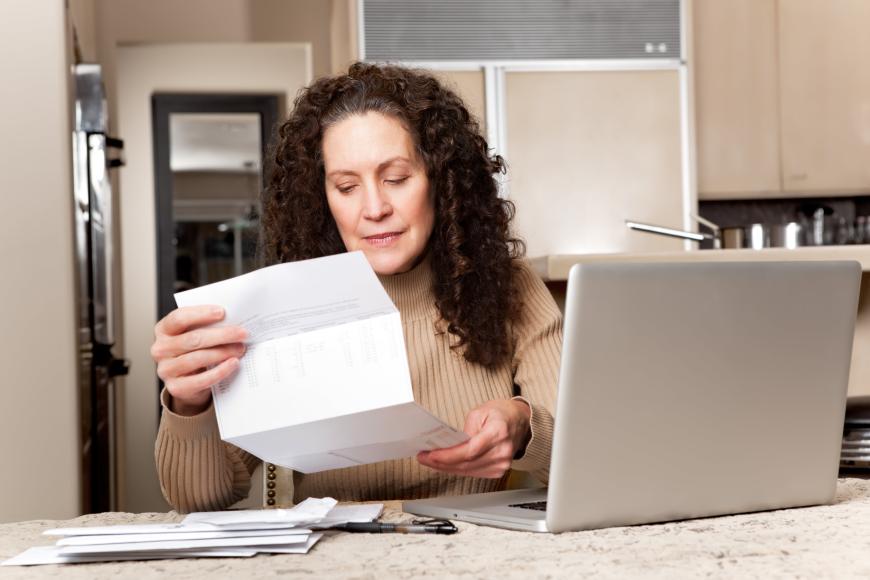
Debts and liens: 2 distinct issues in bankruptcy
 Bankruptcy is often a confusing process for those who file, also known as “debtors.” Besides being flooded with paperwork and bombarded with legal jargon, debtors are presented with financial concepts that can be difficult to grasp. Today’s post focuses on the difference between debts and liens, and how bankruptcy affects each.
Bankruptcy is often a confusing process for those who file, also known as “debtors.” Besides being flooded with paperwork and bombarded with legal jargon, debtors are presented with financial concepts that can be difficult to grasp. Today’s post focuses on the difference between debts and liens, and how bankruptcy affects each.
What is the difference?
Think of a debt as a legal obligation to pay someone money. A secured debt involves a lien or security interest in favor of the lender that guarantees payment. Simple examples include home and car loans.
The way it works is if you don’t make loan payments when they’re due, the lender can eventually take back your home or car as collateral to satisfy the lien. Liens do not disappear when you file bankruptcy, meaning the lender can recover the collateral even when you file for bankruptcy protection.
Unsecured debts (like credit cards and medical bills) have no liens or collateral attached to them to guarantee payment. When you file bankruptcy, the debts are discharged which terminates or ends the obligation to pay the debts. Without a lien, the lender or creditor has no other recourse against you to collect the debts.
Do I still have to make payments?
As a bankruptcy counselor, clients often ask me whether or not they must make payments on their secured loans if they file bankruptcy. I usually reply with another question “do you want to keep your car, home, (or whatever)?”
The reason I ask is the client’s answer will determine if payments should continue. For example, if someone wants to keep their car or home, they must continue to make payments or the lender will repossess.
What happens if I don’t pay?
I remember counseling a client who was filing a Chapter 7 bankruptcy. He had a car loan and really needed his car to get to work. Once he filed bankruptcy, the lender stopped sending him payment coupons for the car loan. Therefore, the client thought it was OK to stop making payments.
Although I can’t say for sure, the client’s bankruptcy attorney likely explained to him why he should keep making his car payments. But for some reason it didn’t click with the client. Unfortunately, his car was repossessed as security for the lien, even though he no longer had a legal obligation to pay the car loan.
The same applies to a home loan. Even though the debt may be legally discharged, the lien or security interest remains with the house. No house payments means the bank can foreclose on the house and take it back.
Then how does filing bankruptcy protect me?
If you file bankruptcy and no longer want (or can’t afford) the house or car, all the bank can do is take back the security interest, meaning the house or car. It cannot come after you for any money you may have owed on the loan.
The major exception is if you have a second mortgage, or a home equity loan or home equity line of credit. Those loans will likely become unsecured debts you will still owe the lender after your home forecloses. In that case, the lender can continue to pursue payment from you.
How will bankruptcy affect my house or car?
Always talk with your bankruptcy attorney to get answers to your questions. Only they know your entire situation and can explain exactly how bankruptcy impacts you.
Please do not feel stupid for asking questions, or that you may be bothering your attorney. It is their job to make sure you fully understand the consequences of filing bankruptcy.
If you don’t seek clarification about things that are unclear to you, you could lose big like my client who lost his wheels over a misunderstanding.
If you would like to take a look at your financial options with a Counselor, call LSS for a free and confidential appointment at 888.577.2227 or GET STARTED ONLINE. Don’t wait – take action today!
Author Barbara Miller is a Certified Financial Counselor with LSS and she specializes in Bankruptcy Counseling and Education.
